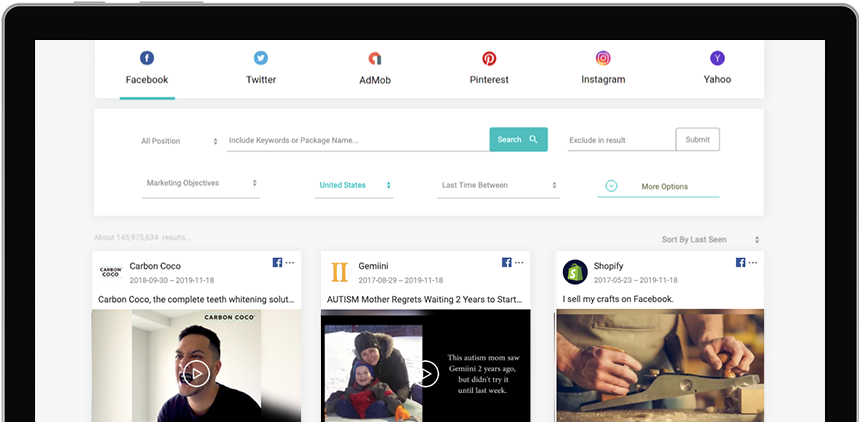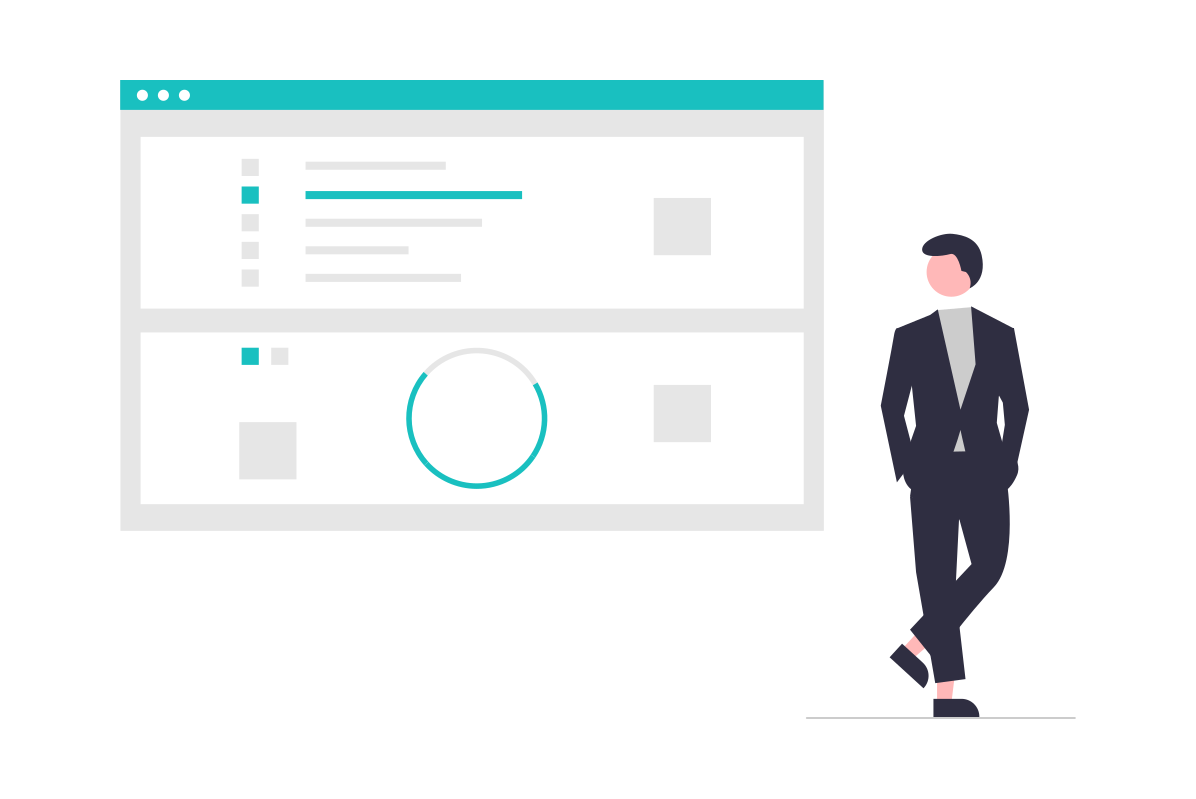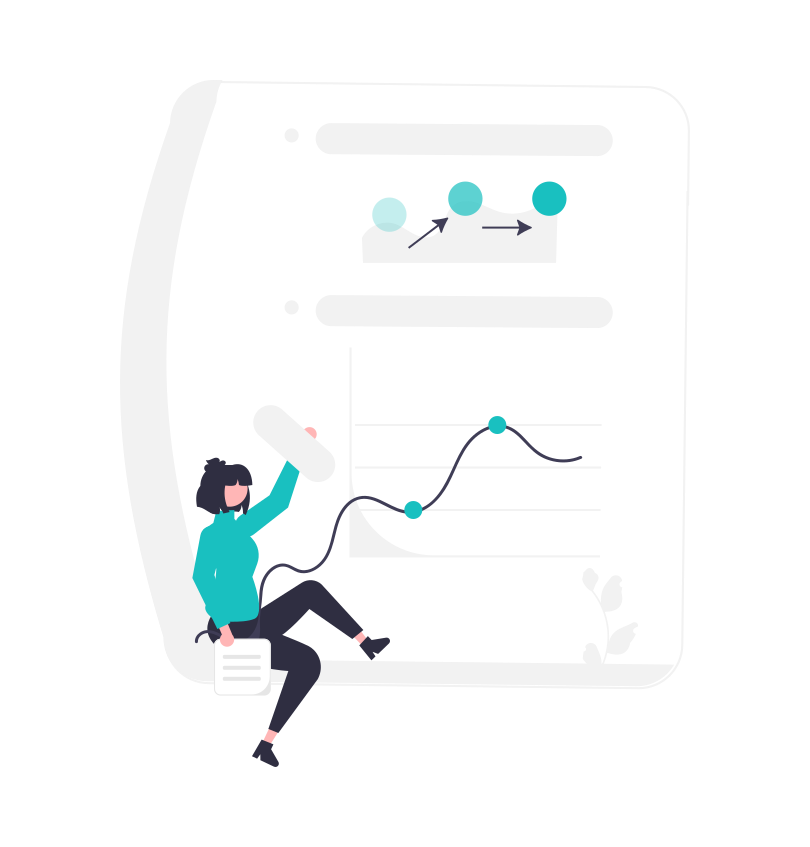Mastering Success: Leveraging Competitor Analysis to Spy on Competitors in Google Ads
In the dynamic realm of digital marketing, where businesses contend for attention in the vast online landscape, the significance of comprehending and analyzing competitors cannot be emphasized enough. This holds especially true in the domain of Google Ads, where advertisers actively spy on competitors' Google Ads, competing for user attention and conversions. In this article, we delve into the pivotal role of competitor analysis in Google Ads, exploring why it's indispensable and how it can distinctly impact businesses.

Establishing the Need for Competitor Analysis
The digital landscape is saturated with advertisers seeking the same audience's attention. Staying informed about competitors' strategies is not just a choice; it's a strategic necessity. Here's why:
Adapting to Market Trends: Competitor analysis allows businesses to stay abreast of market trends, adapting strategies to align with changing consumer preferences.
Identifying Gaps and Opportunities: Examining competitors' campaigns reveals market gaps and untapped opportunities, enabling businesses to strategically position themselves.
Enhancing Decision-Making: Informed decision-making is crucial for successful advertising. Competitor analysis provides valuable insights guiding strategic decisions for efficient resource allocation.
Read More


Why Spy on Competitors' Google Ads
Understanding competitors' strategies goes beyond passive observation; it's a proactive approach to shaping and improving advertising endeavors. Here are compelling reasons why spying on competitors in Google Ads is indispensable:
Better Targeting: Analyzing competitors' keywords and targeting strategies unveils effective ways to reach specific audiences, refining targeting parameters for optimal results.
Increased ROI: Identifying successful keywords from competitors improves campaign optimization, focusing on high-performing keywords for better returns on investment (ROI).
Enhanced Ad Creativity: Studying competitors' ad creatives provides inspiration and insights into audience preferences, facilitating the creation of more compelling and effective advertisements.
Read More
Strategies for Spying on Competitors
To gain a competitive edge, businesses need effective strategies for spying on their competitors' Google Ads. Let's delve into key areas of analysis:
a. Keyword Analysis:
Keywords are the foundation of successful Google Ads campaigns. Understanding competitors' targeted keywords is crucial. Here's how to go about it:
Utilizing Google Ads Keyword Planner: Leverage Google Ads Keyword Planner for insights into competitors' keywords and estimated search volumes.
Manual Search and Analysis: Perform manual searches using industry keywords to identify patterns among top competitors.
Competitor Analysis Tools: Tools like SEMrush and BigSpy offer comprehensive keyword analysis, including ad spend and positions.
b. Ad Copy Examination:
Ad copies' language, messaging, and calls-to-action play a pivotal role in influencing user behavior. Here's how to dissect competitors' ad copies for valuable insights:
Language and Tone: Analyze language and tone in competitors' ad copies to align communication with audience preferences.
Messaging Strategy: Identify core messaging strategies to craft differentiated and compelling ad messages.
CTA Effectiveness: Assess competitors' CTAs to optimize your own ads for better click-through rates.
c. Landing Page Inspection:
While ads grab attention, landing pages seal the deal. Analyzing competitors' landing pages provides insights into optimizing user experience and conversions:
User Journey: Examine the user journey on competitors' landing pages to inform the design and structure of your own landing pages.
Design and Layout: Evaluate design and layout elements that enhance user engagement and trust.
Conversion Elements: Identify conversion elements on competitors' landing pages to improve your own conversion rates.
Read More


Tools for Monitoring Competitor Ads
To streamline competitor analysis, various tools provide detailed insights into competitors' Google Ads strategies. Here are two categories of tools for effective monitoring:
a. Google Ads Auction Insights:
Basic Competitor Analysis: Google Ads Auction Insights provides data on impression share, average position, and overlap rate with other advertisers.
Identifying Competitor Trends: Regularly review Auction Insights data to identify trends in competitors' activities and adjust your approach accordingly.
b. Third-party Ad Intelligence Tools:
SEMrush: Comprehensive tool beyond keyword analysis, providing insights into ad copies, ad positions, and organic search data.
BigSpy: With its expansive features, BigSpy stands out as an affordable and comprehensive ads library, covering major social networks like Facebook, Instagram, YouTube, TikTok, Pinterest, AdMob, Unity, Etsy, and Shopify.
Read More
Best Practices for Adapting Competitor Insights
Gaining insights from competitor analysis is valuable, but the real impact lies in implementation. Here are best practices for adapting competitor insights into your own Google Ads strategy:
Continuous Monitoring: Competitor analysis is ongoing; regularly monitor competitors' activities to stay informed and adapt accordingly.
Agile Implementation: Be agile in implementing changes based on competitor insights; assess relevance and make adjustments swiftly.
Innovative Differentiation: Aim for innovative differentiation, offering unique value propositions that competitors may have overlooked.
Testing and Optimization: Implement changes systematically, conduct A/B testing, and continuously optimize campaigns based on performance data and competitor analysis feedback.
Read More

Frequently Asked Questions
Why is competitor analysis important in Google Ads?
How can businesses spy on competitors' Google Ads?
What tools can aid in monitoring competitor ads?
What are the best practices for adapting competitor insights?
How often should businesses conduct competitor analysis in Google Ads?
Conclusion
As businesses traverse the dynamic digital advertising terrain, embedding competitor analysis into continuous marketing endeavors emerges as a pivotal success factor. Embrace the influential force of knowledge, consistently spy on competitors' Google Ads landscape, and allow the gleaned insights to mold a more potent and strategic approach to Google Ads. In the unwavering pursuit of excellence, comprehending and effectively spying on competitors in Google Ads stands as the crucial key to unveiling and achieving success.